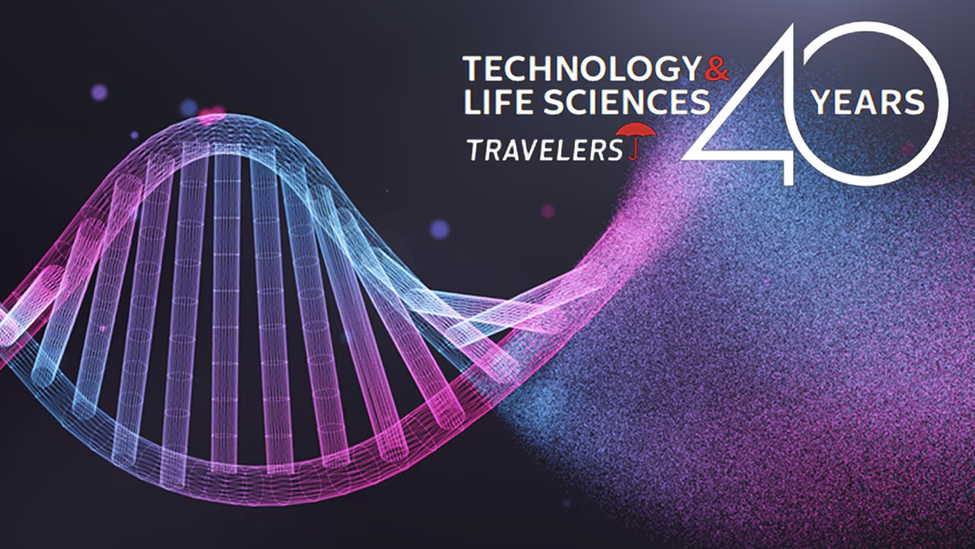The Tech Sector is Booming – But Innovation Demands Protection


UK tech is booming – but innovation demands protection
If you need optimistic news about the UK economy right now, look at the tech industry. At the end of 2022, UK tech surpassed $1 trillion in value, placing it behind only the US and China. In relation to the top European markets for tech, the UK’s tech industry is worth more than double that of Germany (at $467 billion) and triple that of France (at $307 billion). Last year, UK tech companies raised near-record levels of funds at £24 billion, more than Germany and France combined, helping the UK retain its lead for total unicorns and startups as well.1
As a result, opportunity abounds in the sector. Tech has far outstripped the growth of traditional professions in the UK. It employs more than three million people and comprises an expanding range of services, software, and hardware.
Innovation, however, generates risk – and tech companies must protect against it so they can continue to grow. Their needs aren’t one-size-fits-all, so they require tailored options. At Travelers, we have designed products to meet the specific needs of tech segments like IT and telecommunications, electronic manufacturing and hardware, and medical technology – all sub-segments that have been flooded with investment and are constantly evolving.
We’re also seeing several tech subject areas gaining momentum:
Artificial Intelligence: As ChatGPT has cast a spotlight on the possibilities of generative AI, it has encouraged organisations across sectors to examine how AI chatbot technology can be used to gain efficiencies – as well as how easily inaccuracies can slip past it. Rapid innovation in generative AI, combined with the need for human intervention to ensure its effective use, make this an area that calls for strong risk protection as it evolves.
Quantum computing: Quantum computers have the potential to revolutionise the technology landscape. They use phenomena such as superposition and entanglement to perform operations on data. In plain English, this means they are superfast computers that require incredibly cold conditions to operate.
At the moment, quantum computers are largely theoretical, but they have the potential to introduce radical change in fields such as cybersecurity. Quantum encryption could take cyber protection to a new level, helping organisations safeguard highly valuable data. But the complexity and fragility of the technology in its current form have prevented any significant adoption. If and when that changes, we will be monitoring the risks and applications of this technology.
The Internet of Medical Things (IoMT): Much like how the Internet of Things turned products like Alexa and smart watches into everyday household conveniences, the IoMT has elevated the efficiency of healthcare, enabling remote monitoring and real-time data collection. Deloitte estimated the global IoMT to be worth over $158 billion in 2022.
The promise of IoMT is exciting, but its devices are often small and have historically lacked robust cyber controls. This is worrying, particularly in medical technology where there is potential to impact human health if valuable, medically sensitive information is stolen by a threat actor. The development and regulation of this space is something we’re watching closely so we can underwrite it accordingly.
Protecting innovation
The speed of progress in the UK’s tech sector is thrilling and the pace of investment is generating new business opportunities all the time. But the rapid developments also expose new vulnerabilities.
Innovators are sometimes averse to the idea of carefully considering risks but thinking about vulnerabilities doesn’t have to inhibit growth. On the contrary, businesses that monitor and manage their evolving risks can put themselves in the best position to thrive where others fail. They will be poised to take best advantage of the new opportunities that continue to emerge in the sector.


